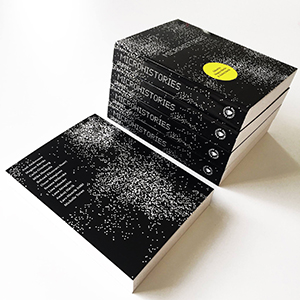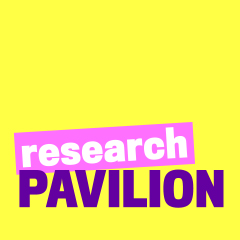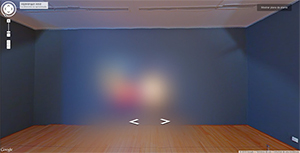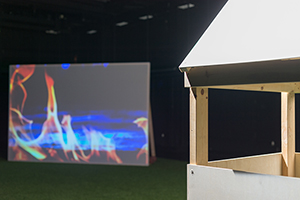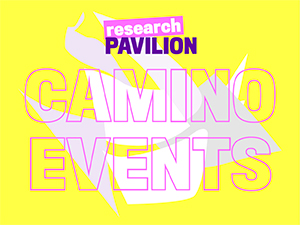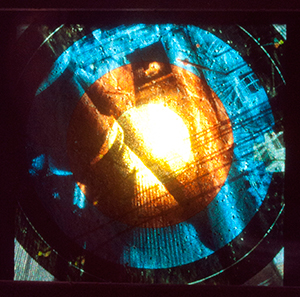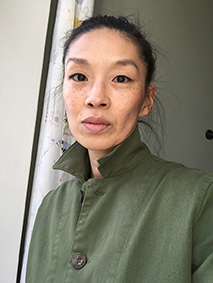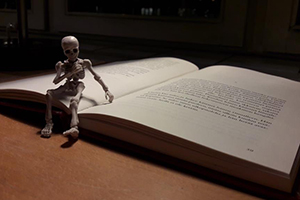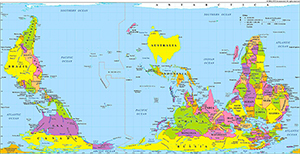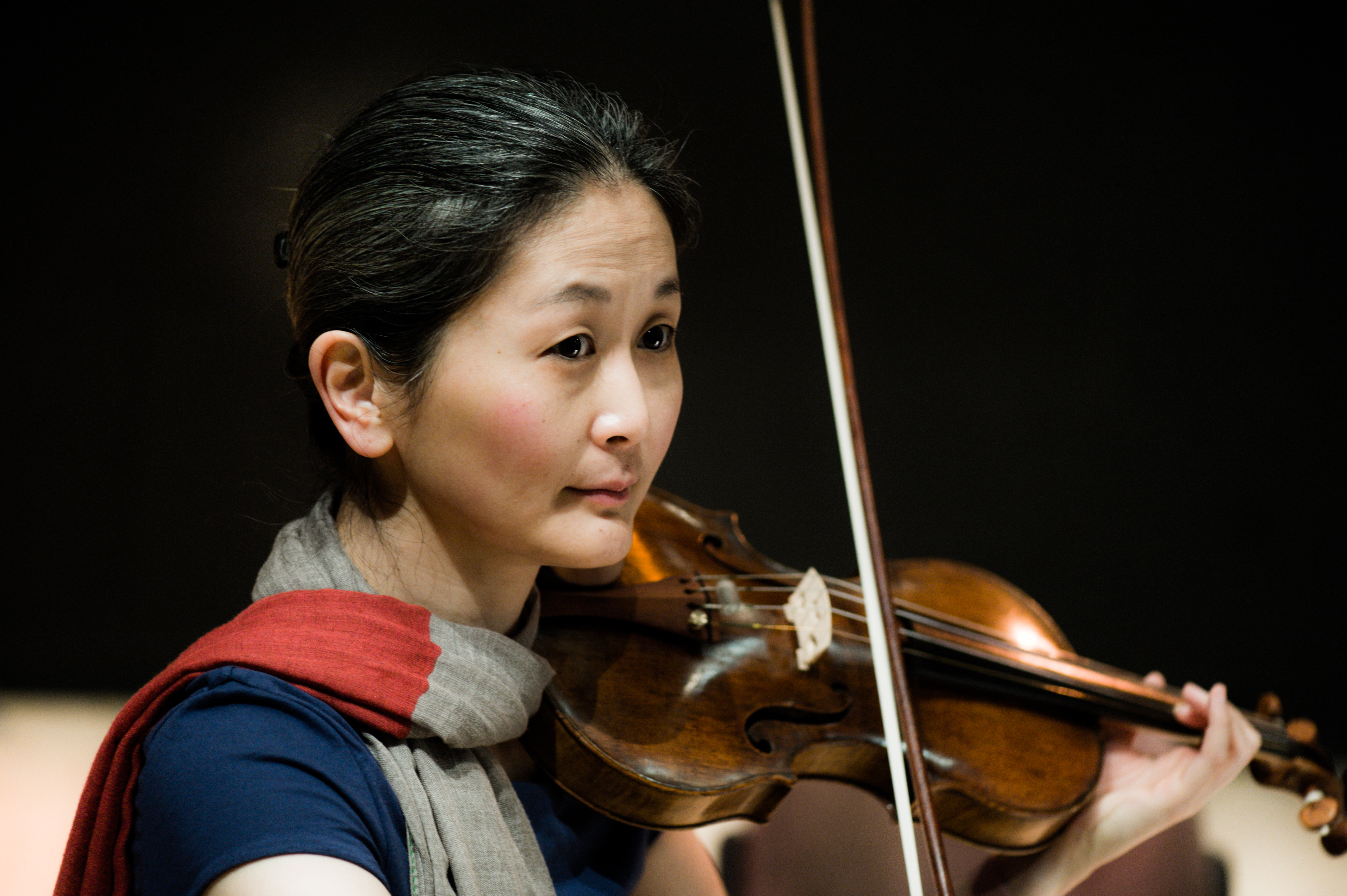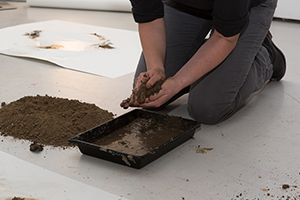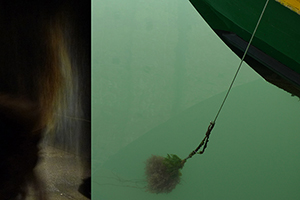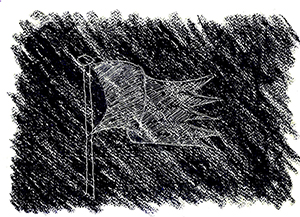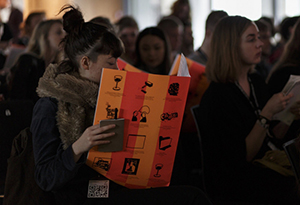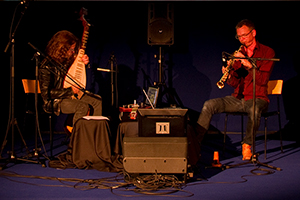NETWORKS WEEK (week 23)

SAR, the Society for Artistic Research, will present its activities in an open discursive format. These activities include: Research Catalogue, Journal for Artistic Research, Documentation of the SAR Conferences, the different Portals supported by SAR via the Research Catalogue and the option of Membership formats.
Along with focused presentations by members of the SAR Executive Board participants are invited to share their points of view, provide experience about the development of Artistic Research accompanied by SAR's activities in the field. The input of the participants, the community of people committed to Art and Research is vital for shared steps into the future. Three presentation workshops will be held, each about 3 hours, including breaks.

This event looks at questions of how certain modes of promoting ”access” can operate as de facto modes of exclusion. It brings artists, curators, researchers, and activists together to consider the following questions: What are the politics of access? Do strategies and infrastructures of inclusion simply replicate and reinforce individualised imaginaries within broadly hierarchical social structures, particularly as artistic habits of production are increasingly exported as economised knowledge production to other parts of the world? How are the terms of access and exclusion produced, rehearsed and (re-)enacted in contemporary artistic, educational, and social practice? What is the contribution of current artistic research to debates on access, exclusion, co-option, and care in global circuits of contemporary cultural production? How can we shape new communal epistemologies, terms, institutions and practices?
The first day focuses on institutional and epistemological exclusions; colonial and master paradigms, and institutional racism. It will also address communal and collective perspectives and strategies for a new arts and humanities through rejection of modernist claims of universality and progress and the embracing of epistemic and disciplinary disobedience, non-capitalist, pluri-national institutions and modes of aesthetic management. The second day centers on forms of exclusion produced through language as well as social, embodied and discursive practices. Focusing on the terms and conditions of artistic and social work in cross-disciplinary contexts, we will explore and interrogate languages of participation, separation, inclusion, and diversity as they are produced and enacted in the present moment, in the field of cultural production and in the social arena.
MUSIC WEEK
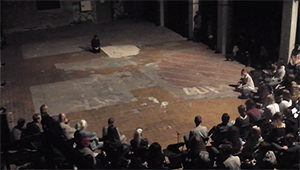
Blaha Lujza Tér is a piece of music composed by Johan Jutterström for and with Jennifer Torrence as part of the research project “Ng revisited”. With the piece, Jutterström and Torrence investigate the musician’s condition, the relationship between music and choreography, and music and space.
The same music material is performed twice in two extreme proximities to the audience: once far away and once very close. They also question if the digital space that the internet provided could be considered a third proximity. What would this mean for the piece?
The artists invite the audience to hear the piece from different distances and to discuss the intricacies of a live performance and a digital representation.
Photo: Blaha Lujza Tér, Röda Sten - Linda Oláh, 2016.
16.-17.6.2017 Encounters, Discussions, Experimentations:
Art, Research and Artistic Research in Music
In connection with the Uniarts Helsinki Research Pavilion in Venice, the Sibelius Academy is organising a Nordic research symposium "Encounters, Discussions, Experimentations: Art, Research and Artistic Research in Music” together with its partners, the Arne Nordheim Centre for Artistic Research at the Norwegian Music Academy and the Academy of Music and Drama at the University of Gothenburg. The two-day event focuses on music and the multifaceted interrelationships between music and research, as well as artistic research in music. One of the aims of the event is to generate Nordic collaboration to foster the planning and organising of research symposia/conferences and research projects as well as publications.
The Artistic Research Project departs from a current critical debate that “Klangrecherche” – the search for new musical sounds – is over. There has been a growing fatigue in the field of New Music, due to strong focus on musical material, not its context.
Music with the Real consists of a group of composers and one performer that have a renewed interest in dealing with “reality” and the new ways it presents itself for us through digitalisation and new technology. The composers and musicians aim at shifting focus from pure abstract sound design towards engaging in a dialogue with familiar surroundings, engaging in the prosaic, the political and the concrete elements of our everyday culture. The outcome of the project aims to develop compositional and performance-related practices through cross-media works integrating audio and visual samples.
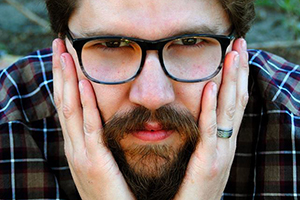
The event consists of a presentation in which Josué Moreno introduces and illustrates the theoretical and artistic background of his current artistic research on Urban Sonic Acupuncture and an enhanced sound walk by means of sonic acupuncture in the surroundings of the Research Pavilion using mobile devices.
Harpsichordist Marianna Henriksson performs early 17th-century Italian songs with trumpeter Verneri Pohjola and sound designer Tuomas Norvio. They explore the varied emotions in the music of the seconda prattica: Frescobaldi, Merula, D’India, Peri and Strozzi.
The aim is to give new perspectives on the emotional contents of the songs and to search for a musical encounter amidst this material. The artists improvise on and arrange the musical materials, creating emotional stages that are related to the affects in the original music. In that way, they look for an access to emotions that were expressed in music that is culturally and timely remote to us.
16.6. at 3 p.m., Theatre Space
No Say No Way takes the form of a lecture-recital gone terribly wrong. It is about an attempt to give a presentation by an expert researcher and performer of the triangle.
The performer crumbles under the pressures of performance and becomes crippled by self-doubt. Ultimately, she fails to ever transfer any “real” knowledge to her expectant audience. Instead, the spectator is faced with the realities of failure. No information is transferred and no musical transcendence is achieved. With no logical way to conclude, the lecture-recital starts over from the beginning: the performer ever-hopeful for success and ever-poised to repeat her failures over and over again.
Tragi-comic and Sisyphean, No Say No Way is an expression of access denied. On the other hand, the work questions the nature of knowledge and its transference within the fields of music and performance. With Beethoven’s 9th Symphony at the core of the performance, No Say No Way also comments on human nature’s reliance on visions of utopia and transcendence.
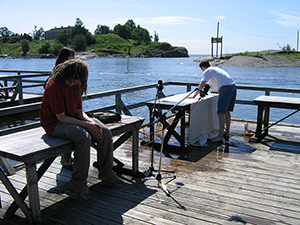
Walking Sonic Commons is carried out by introducing an open workshop on the Venetian sonic environment. Two-day documentation of sounds by the participants will be followed by an afternoon of editing the gathered materials and uploading them to an open platform. During the discussion and presentations the acts of listening are contextualized to the concept of sonic commons, archiving, accessibility and the researchers’ contribution to preserving cultural heritage.
Photographer: Meri Kytö (2005)
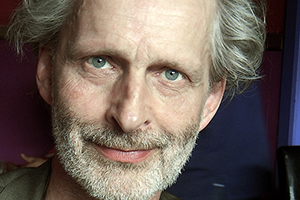
The event presents and discusses two pieces: Entropic Pleasures by Anders Hultqvist and Spår av glömska (Traces of Oblivion) by Ole Lutzow-Holm. The lecture/concert is presented within a sound installation that contains an archive of the two compositions respectively.
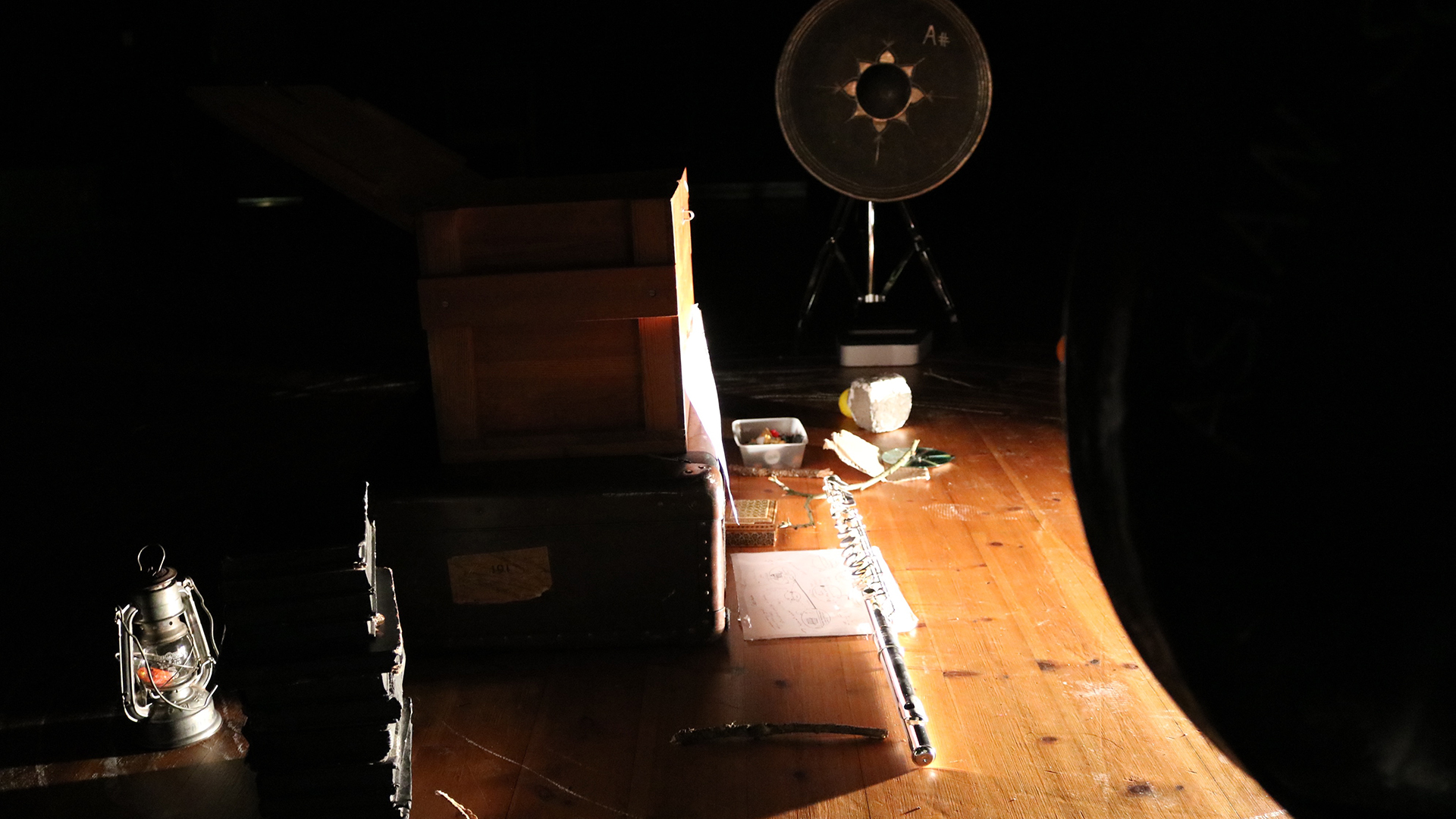
In order to investigate transformations of the flute–flutist dynamic relation, Marina Cyrino explores and creates musical practices and performances that combine music with other art forms. Collaboration is the central method of investigating how the flute–flutist is contaminated by humans and non-humans – objects, spaces, processes, devices, beings – that act and bring different agencies that produce visible transformations in the familiar body-at-play, allowing the exploration of the flute playing in transformative ways.
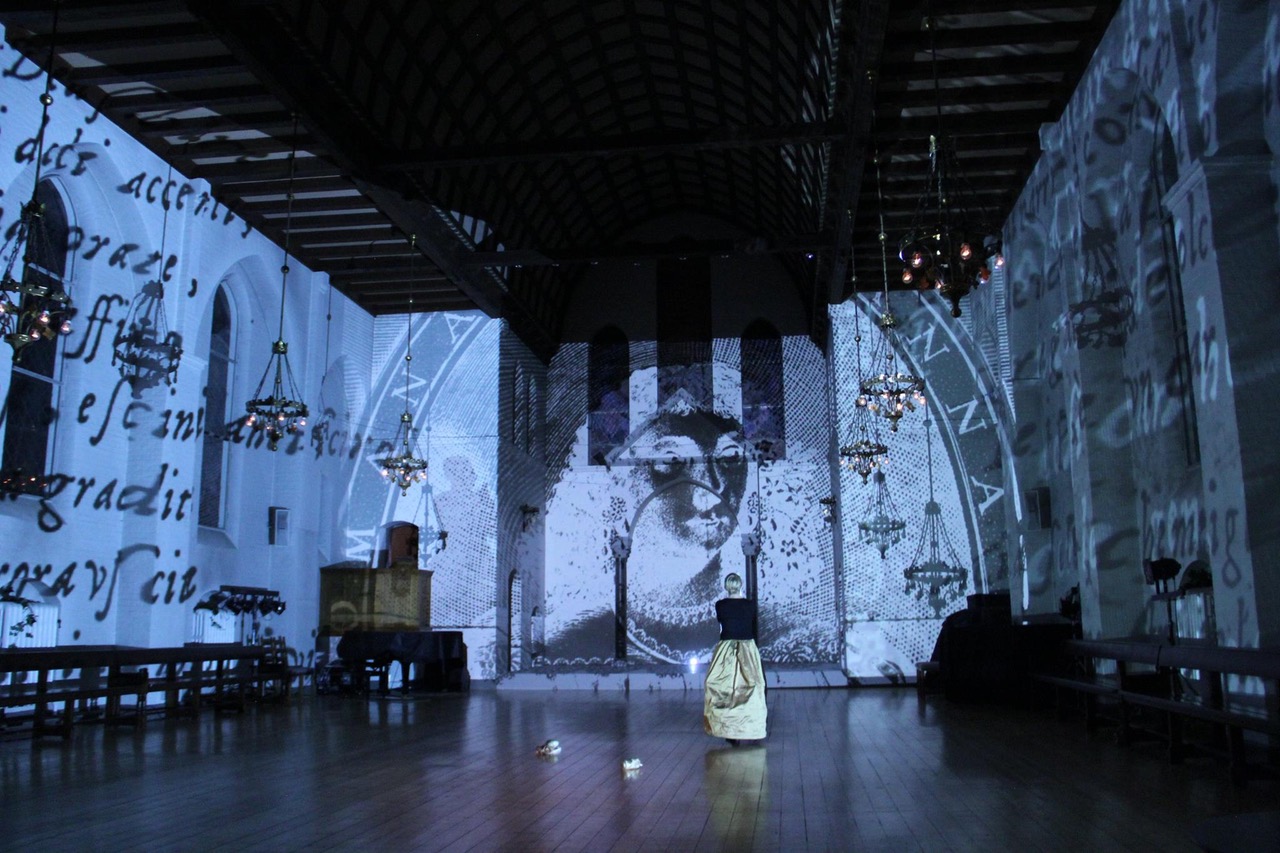
A performance-installation-act exploring intimate vocal encounters with All-and-Nothing. Three words/concepts/ideas set the stage for this performance act: UTOPIA-ACCESS-EXCLUSION. These words are diffracted through a vocal performance of musical fragments from operas and cantatas by Claudio Monteverdi (1567–1643), Francesco Sacrati (1605–1650) and Luigi Rossi (c. 1597–1653). The performance act is a 380th anniversary celebration of the first public music drama event in Venice in 1637. It is also a UTOPIAN experience aiming to re-turn history to presence/future by following the gestures of the mid-17th-century society Accademia degli Incogniti that orchestrated a number of music drama events. This performance is an act in honour of a 17th-century open, yet secret, discourse on NOTHINGNESS made public in printed texts and staged OPEN ACCESS through a new ground-breaking, contemporary, trans-disciplinary art form: OPERA.
This round table session shares, demonstrates, investigates and discusses various access routes to the music making processes of the performing musician. The members of the group each conduct their own artistic research project involving composing, improvising, sound art and songwriting. In contemporary Finnish folk music, the age-old practice of making one´s own music has remained active, blending historically informed performance practice with contemporary visions.
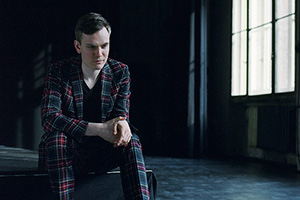
The Voice Map is a tool that supports communication between a singer and a composer. The creator of the Voice Map method, composer Miika Hyytiäinen, demonstrates it with the analysis of the singer Eleonora Claps’ voice and composes for her live on spot. Hyytiäinen has used the analysis method in his opera, Voice Box. We will see some of the most striking and funniest clips of this experimental music theatre piece.
This presentation explores soft sound and soft playing in the practice of music-making today, with reference to 20th and 21st century music in particular. Softness offers a particular poetics and politics of listening. What kinds of softness do we have, and how is it articulated and communicated? Who is ‘producing’ it? Is our sensibility for softness changing?
There are at least two strands of historical development that have led to the present practice of softness in music. The first is creative in an imaginative sense: in the 1970s and '80s a number of composers (such as Feldman, Nono and Sciarrino) proposed new aesthetics of soft sound, against the prevalent opulent style of sound projection developed in the nineteenth and early twentieth centuries. The second strand is also creative but in a more practical sense: the last couple of decades saw musical communities develop the use of electronic amplification and digital sound processing (DSP). The impact of this development is less visible but more pervasive in our experience. Two examples will be presented in performance in order to articulate these kinds of softness. The aesthetics of softness puts the listener at the heart of perception. This presentation will conclude with thoughts on communication in music.
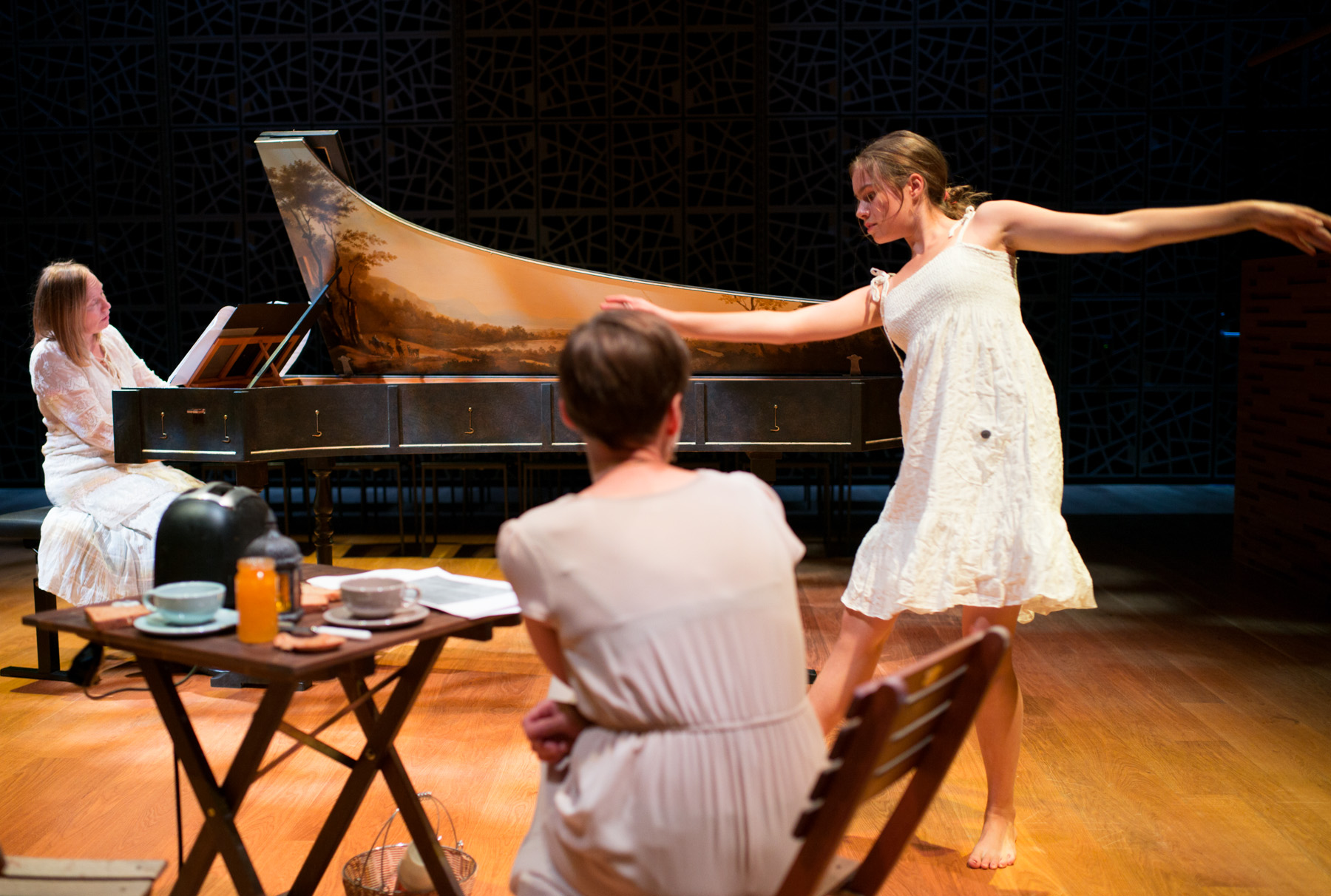
How does an intrinsic utopia perform? Do we have an access to Arcadia? Et in Arcadia ego derives its inspiration from 17th-century European meditation gardens. The organic sound material recorded in advance is related to wooden instruments like organ pipes, psalteries and harpsichords, including also concrete sounds of wood, cones, stalks and sticks. These sounds and the repertory of the concert – d’Anglebert, Charpentier, Landi, Lynch – work as a basis for the improvisations sung by mezzo soprano Sofia Buono, played by harpsichordist Assi Karttunen and danced by Yoldia van Gemert. The sounds are projected into the concert venue by sound engineer Timo Muurinen.
NARP WEEK (week 25)
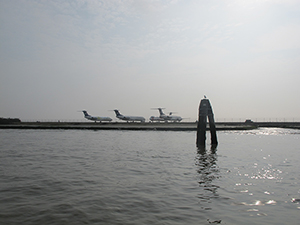
"reSite" is the contribution of the Norwegian Artistic Research Programme by 6 artists and research fellows, curated by Serge von Arx and Ellen Røed. Its endeavor is to create an open space across the city, consisting of various distinct locations where specific artistic research practices engage with the Venice Biennale. The respective projects inquire and question relationships between art and power as primordial agents in Venice. By subverting the notion of the biennale as an exposition, and rather enhancing it as a context of and site for research, the artists and researchers aim to raise awareness of local and temporal environments where art and finance meet and collide.
Photo by Serge von Arx, 2010

A two-day research event consisting of talks, discussions, workshops and performances / Valand Academy in collaboration with GradCAM, Dublin and the Department of Art, Goldsmiths
CHOREOGRAPHIC aims to test, interrogate and animate the valence of choreographic registers for artistic and cultural work within contemporary socialities. If we understand the choreographic beyond its normative association with dance as a set of language possibilities, procedural matrices and production protocols, how are its competencies to be understood in a post-skill environment?
The emergence of dramaturgy as a professional category within institutional curating attests to a new interest in the choreographic as work, as much as the interest in and circulation of dance and related forms under the conditions of museum displays and collection protocols. The largely consensual inscription of the choreographic into the broader milieu of artistic labour and commodities is one key perspective for this proposal; debates around practice- based research formats within HE institutions and their material and discursive supports are another. Against these backdrops, the choreographic aims to test the extent to which languages of the choreographic (discursive as well as performed) afford us the possibility to re-visit habituated languages of curating, artistic production and display.
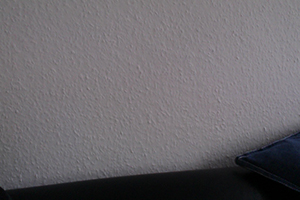
Jana Unmüßig’s workshop invites distance as a productive agent for encounter. It is a practice of kindness, not intruding into the place of a thing, person, wind. In the workshop, we do seeing with things from everyday life while focusing on the experience of time and practicing remaining with a somatic body that we tune into through somatic bodywork at the beginning of the workshop. No previous body training required. Different references (e.g. Byung-Chul Han, Susan Rethorst) will be shared.
Photo: Jana Unmüßig
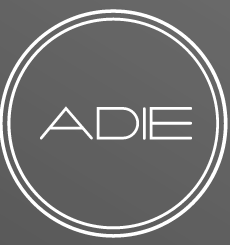
As part of the Camino Events of the Research Pavilion 2017 ADiE hosts a seminar to explore the impact current European artistic doctoral education has on embodied movement practice. The discussion involving doctoral candidates and graduates from Finland, Great Britain and Sweden pivot around the inclusive and exclusive or substantiating and refuting impact artistic doctoral education has on art-making within dance and performance.
Artistic Doctorates in Europe (ADiE) is an EU funded project that convenes representatives from the Middlesex University, University of Chichester, Stockholm University of the Arts, University of the Arts Helsinki as well as creative industry partners Dance4 (Nottingham), Kiasma Theatre (Helsinki), Zodiak Centre for New Dance (Helsinki) and Weld (Stockholm) to discuss and corroborate approaches to doctoral training in dance and performance and to enhance interlinks between graduated doctoral artist-researchers and the creative industries.
Programme:
12 – 13.00 Introduction: What is ADiE Doing and Finding Out?
Group presentation by ADiE members
13.00 – 13.30 Break
13.30 – 17.30 Presentations of Work and Discussion: The Impact of Doctoral Education on Movement Practice and the Art Field
Moderator: Vida Midgelow
Presenters: Doctoral candidates and graduates
The session includes drinks and snacks
Presenters:
ADiE project members:
Kirsi Heimonen, University lecturer and Postdoctoral Research, University of the Arts Helsinki
Paula Kramer, Postdoctoral Research, University of the Arts Helsinki
Vida Midgelow, Professor in Dance, Middlesex University
Leena Rouhiainen, Professor in Artistic Research, University of the Arts Helsinki
Jonna Strandberg, Senior Producer, Kiasma Finnish National Gallery
Doctoral candidates and graduates:
Liisa Jaakonaho, Doctoral project: ‘Fluctuation, Cross-fertilisation and Friction: From artistic, pedagogic and therapeutic encounters to rhizomes of ethical questions (and back)’, Performing Arts Research Centre, Theatre Academy, University of the Arts Helsinki
Anne Juren, Doctoral project: ‘Choreography Inscribed in the Body – Studies on Fantasmical Anatomy’, Stockholm University of the Arts
Simo Kellokumpu, Doctoral project: ‘Contextual Choreography: Choreography as a reading practice towards contemporary movement ecology’, Performing Arts Research Centre, Theatre Academy, University of the Arts Helsinki
Susanne Martin, Completed doctoral project: ‘Dancing Age(ing): Rethinking Age(ing) in and through Improvisation Practice and Performance’, Middlesex University/ Freelance Artist, Berlin
Jana Unmüßig, Doctoral project: ‘Critical Composition in the context of expanded choreography practice: seeing with, timeless time’, Performing Arts Research Centre, Theatre Academy, University of the Arts Helsinki
Amy Voris, Doctoral project: ‘Returning, Deepening and Emanating: Dance-making with the processual qualities of Authentic Movement’, University of Chichester
Links:
http://www.dance4.co.uk/adiehttp://www.dance4.co.uk/adiehttp://www.dance4.co.uk/adie
http://www.mdx.ac.uk/news/2016/10/eu-funds-project-to-promote-dance-doctorates
http://www.mdx.ac.uk/our-research/research-areas/dance
http://www.chi.ac.uk/department-dance
http://www.uniarts.fi/en/doctoral-education/theatre-academy
http://www.kiasma.fi/en/
http://www.uniarts.se/english/research-development-work
Liisa Jaakonaho: http://www.liikahdus.fi/in-english.html
Anne Juren: http://www.wtkb.org/upcoming/StudiesOnFanstasmicalAnatomies
Simo Kellokumpu: https://simokellokumpu.org
Susanne Martin: http://www.susannemartin.de
Jana Unmüßig: http://www.jana-unmussig.com
Amy Voris: http://www.amyvoris.com

Workshop around the theme of disability and access, seeing disability as a category that can be explored creatively, rather than as a biological ‘fact’. We offer an opportunity for participants to reflect on one’s own (potential) disability through simple and accessible exercises that leave traces to the space. We want to explore how disability might suggest different affective and relational experiences in relation to oneself, others and the environment, and how it could inform and inspire artistic practices and research.
We are warmly inviting artist/researcher colleagues - and anyone interested - to take part in the workshop. Participation is free of charge. Deadline is 15th June 2017. Please e-mail one of us with your name and contact details:
Liisa Jaakonaho: liisa.jaakonaho@uniarts.fi / Kristina Junttila: kristina@junttila.com
Kristina Junttila is a performance artist, teacher and PhD-research fellow at the Arts Academy, University of Tromsø, Norway. She holds a master in Live Art and Performance Studies and theatre pedagogy from the Theatre Academy in Helsinki. In her research she is looking at the potential of an exercise in Live Art. See www.kristinajunttila.com
Liisa Jaakonaho is a Doctoral Candidate at Theatre Academy of the University of the Arts, Helsinki. She is an interdisciplinary practitioner of dance pedagogy, movement therapy, socially engaged art, and performance. In her research she investigates ethical tensions in and around her work as a dance pedagogue with differently abled people. See www.liikahdus.fi/in-english

Performative Exposition in Theatre Space by Simo Kellokumpu
2nd artistic part of Simo Kellokumpu's doctoral artistic research project: Atmospheric Choreography: Choreography as a reading practice towards contemporary movement ecology.
#CHARP forms with planetary and intergalactic movements. Imaginary scales and relations are produced. How to embody movements that create conditions for the choreographic to emerge? What happens to the movement when it is mediated to choreography?
The exposition shares the specific choreographic body-practice that is developed through the artistic processes and works done in the research process. Kellokumpu calls this practice ‘Choreography as a reading practice’
Working group: Outi Condit, Simo Kellokumpu, Paula Kramer and Vincent Roumagnac
